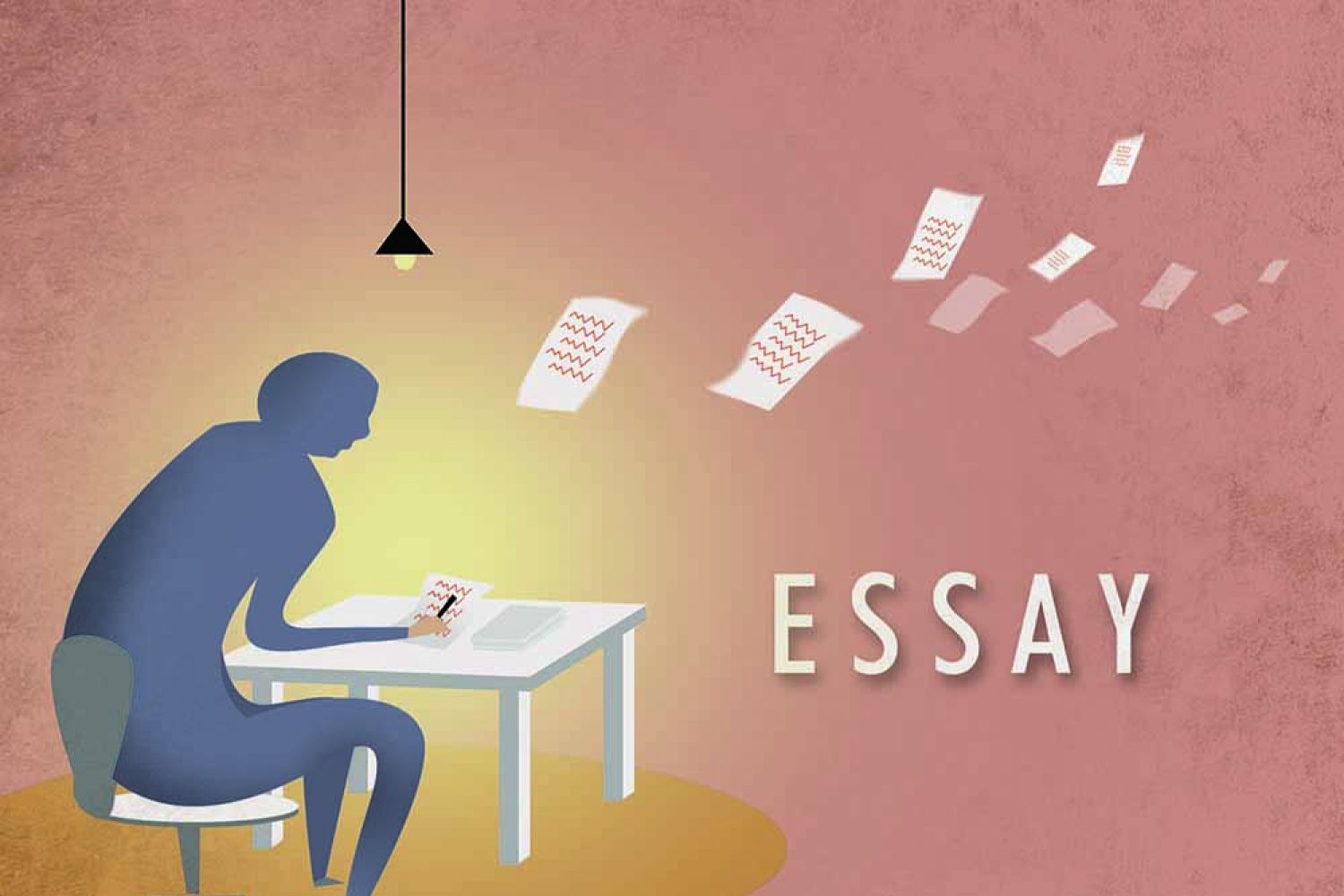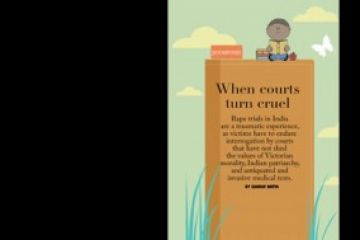
Five of the six countries in the world with a total ban on abortion are
in the Americas – El Salvador, Honduras, Chile, Haiti and Nicaragua (the sixth
is Malta)—where the church continues to influence stigmatising and discriminatory
laws and societal attitudes towards women and their bodies.
In Nicaragua, President Daniel Ortega outlawed abortion without any
public consultation, weeks after taking office in 2007. Schools and
universities have been effectively banned from mentioning a
Continue reading “World’s worst offenders on abortion law”
Read this story with a subscription.





